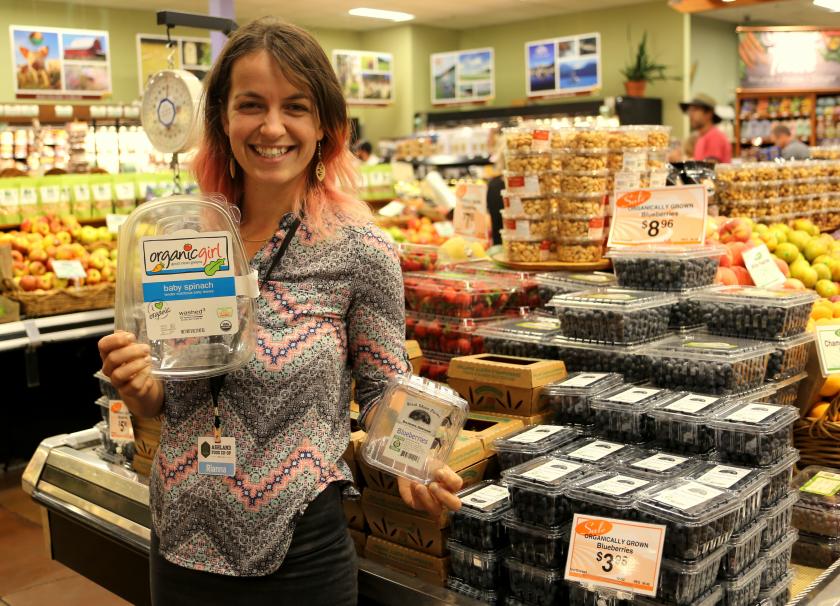
How Can I Reduce My Plastic Use at the Co-op?
By Rianna Koppel, Sustainability Coordinator
Plastic pollution today is a global dilemma. Did you know that more than 40% of plastic is used once, then tossed? In 2015, 79% of total plastic waste ended up in landfills or the environment. How can our co-op help reduce the amount of single-use plastics? Luckily, we offer a variety of options for owners.
Stainless Steel Straws
Looking for a green smoothie boost on these hot summer days? After the success of the City of Ashland’s “Straws on Demand” pilot project, the Co-op will no longer offer single-use plastic straws. We provide paper straws upon request and stainless steel straws (which can be purchased for 75 cents at the Deli Counter).
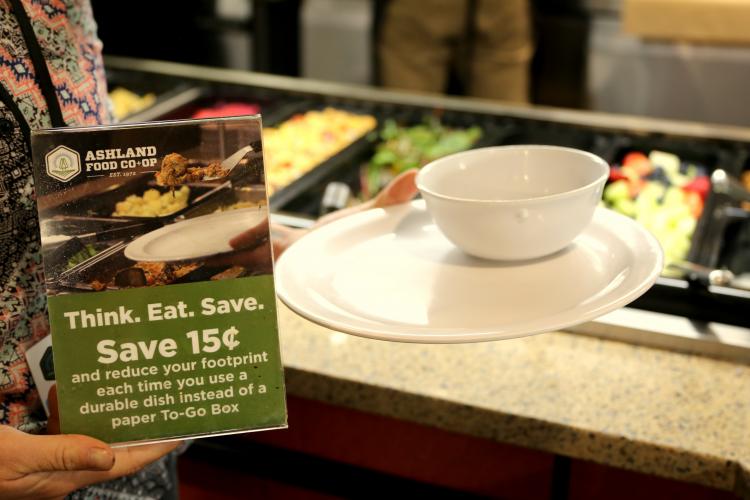
Dine In and Save
Stopping in for a bite to eat at our Deli? You can save 15 cents when you use our in-house durable plates and bowls,or bring in a reusable container for drinks. Don’t forget your stainless steel straw! We also offer reusable sporks for $4.99.
Reusable Produce Bags - Coming soon!
Reduce your use of plastic produce bags and invest in our new reusable produce bags. Find them in the Produce Department mid to late September. These new bags are made from recycled plastic and can be washed by hand. They are large and strong enough to hold your kale, lettuce, or bunch of carrots. Other options include using recyclable paper bags, or washing and reusing plastic bags from home.
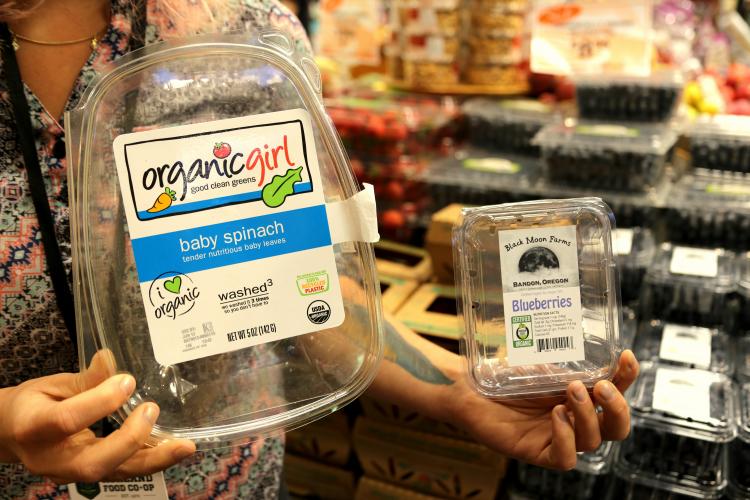
Clamshell Recycling
Additionally, we offer plastic clamshell recycling - with some important conditions. The Co-op will only take clean #1 PETE plastic clamshells for recycling that have been originally purchased at the store. One of our produce suppliers brings these recyclable plastics to International Paper for processing. Bring in your clean clamshells to a member of the produce department today!
Glass Containers
For bulk products, you can find clean, reusable glass containers by the hand washing sink, next to bulk liquids. You can also bring in your own clean containers for stocking up. Be sure to measure the tare weight of your container first - we have scales throughout the bulk section. Feel free to ask a co-op employee to help you find the glass containers or measure the tare of your container.
Plastic Wrap
What about plastic wrap? According to a webinar from the Climate Collaborative on bio-packaging and plastics, in the overall life cycle of a product, packaging is one of the lowest contributors to greenhouse gas emissions. Proper packaging can prevent product loss in transport and food waste at home, which has a greater impact on reducing these emissions. Currently, we are researching options for sustainable packaging that also reduces our use of plastic wrap. Maybe one day you’ll be able to bite into a seaweed-based edible sandwich wrap!
At the Co-op, our first goal for sustainability is to become zero-waste. We are committed to reducing our plastic use to the best of our ability by researching new options and providing the best choices to our owners. The road to zero-waste takes collaboration with producers, suppliers, manufacturers, retailers and consumers. We hope that these options provide ways for all of us to make easier choices that leave a positive impact on our local and global community.
More Co-op News

July's Change for Good Partner - Maslow Project
Ashland Food Co-op is thrilled to partner with Maslow Project for our Change for Good program! Maslow Project is an incredible organization that works tirelessly to support homeless youth and families in Southern Oregon. Their mission is to empower individuals and families to achieve self-sufficiency, and they do this through a range of services including housing assistance, medical care, and educational support.
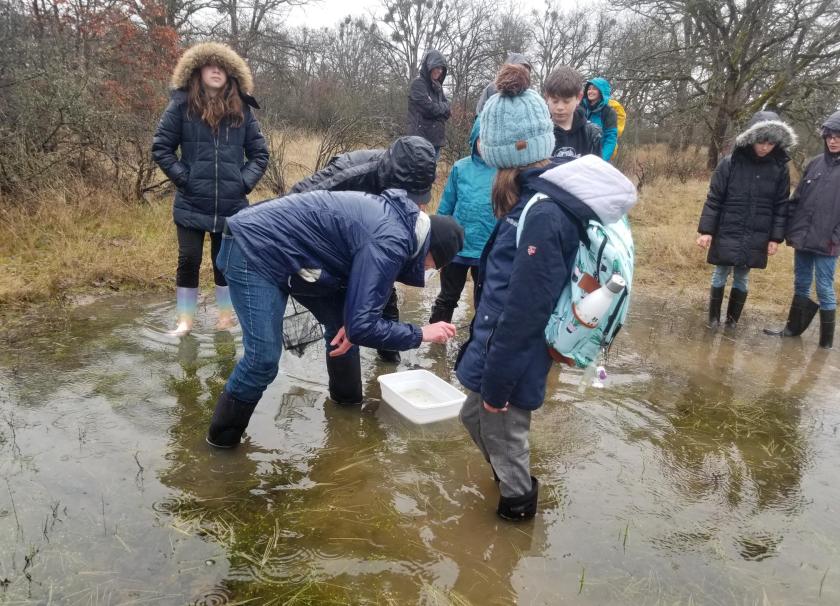
June 2023 Change for Good Partner: Southern Oregon Land Conservancy
The Ashland Food Co-op is teaming up with the Southern Oregon Land Conservancy (SOLC) as its Change for Good partner for this month. This collaboration aims to support SOLC's mission of conserving Southern Oregon's natural landscapes and habitats.
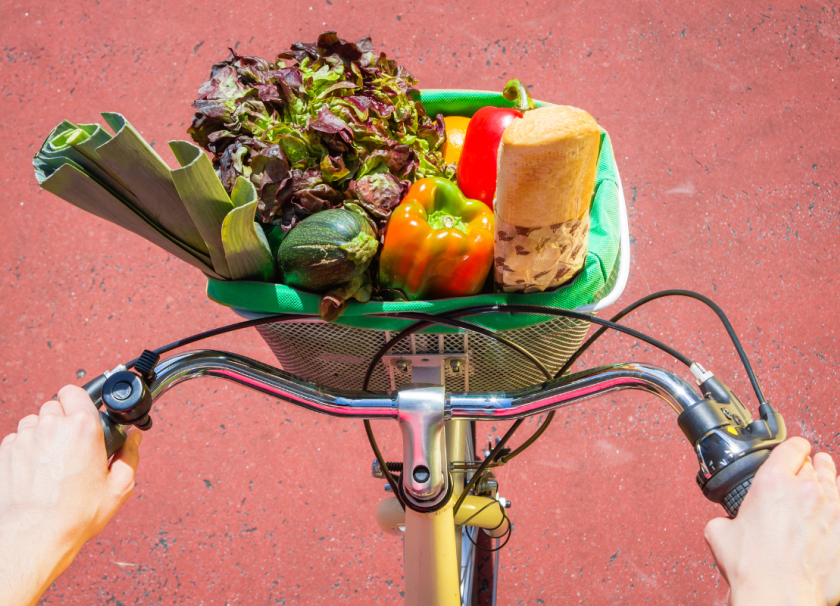
Bicycle Benefits
Here at the Co-op we are on a mission to promote healthy lifestyles and sustainable practices within our community.
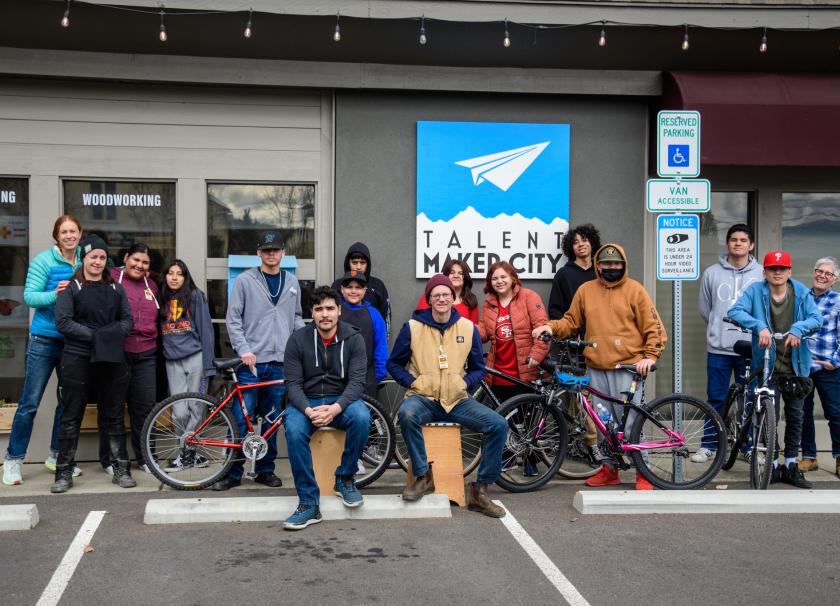
May 2023 Change for Good Partner: Talent Maker City
Talent Maker City's mission is to build a more connected, prosperous, and resilient community through hands-on creativity and innovative STEAM-based learning. (STEAM = Science, Technology, Engineering, Art, & Math.) They have a bustling Makerspace facility, brimming with creative energy in downtown Talent offering hands-on STEAM-based workshops and programming for curious minds of all ages!

Celebrating Cinco de Mayo
We're always learning and growing here at the Co-op and with the approach of Cinco de Mayo we thought we would share a (very) brief history lesson and some thoughts on celebrating this holiday here in the United States.
April 2023 Change for Good Partner: Pollinator Project Rogue Valley
From Kristina Lefever, Pollinator Project Rogue Valley President
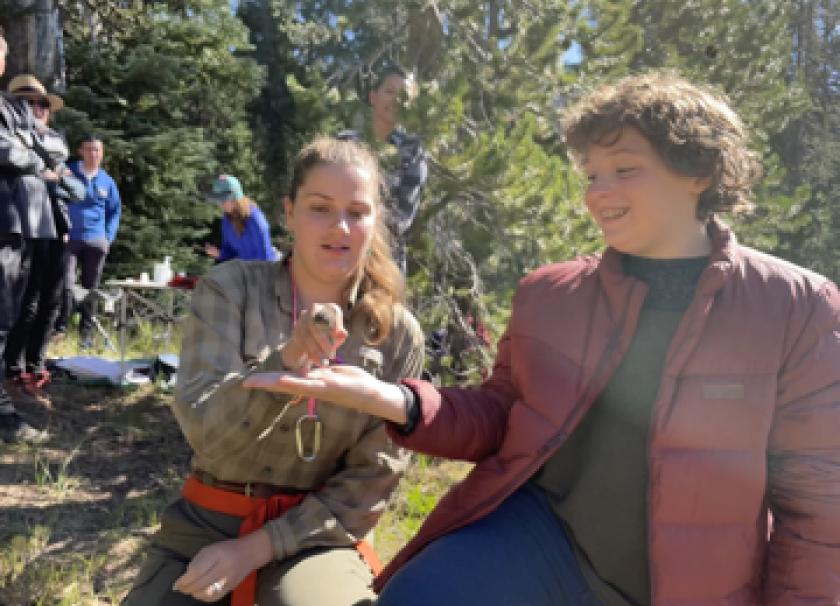
March 2023 Change for Good: Klamath Bird Observatory
From Klamath Bird Observatory, March 2023's Change for Good partner:

Frederick Douglass And Co-ops in 1846
When Douglass Came to Rochdale, England a Slave and Left a Free Man
By David J Thompson
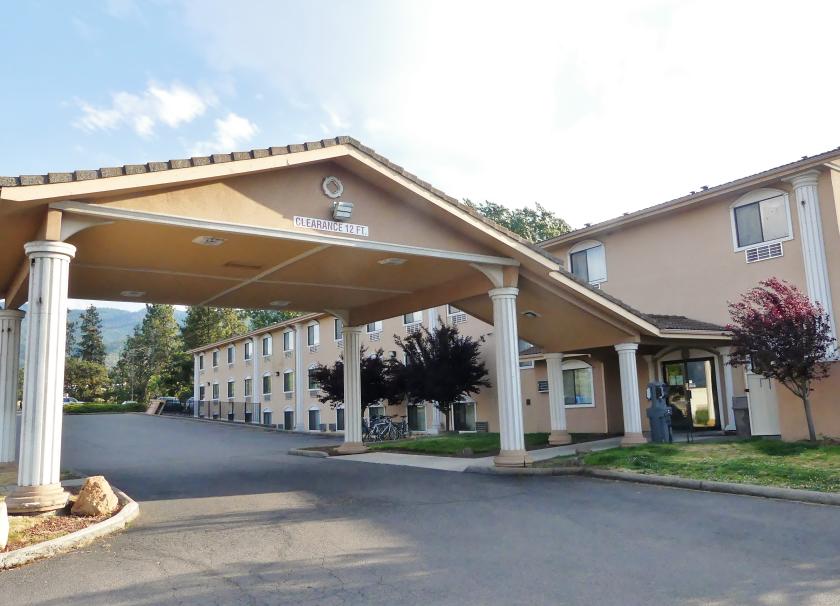
February's Change for Good partner: OHRA

OHRA helps low-income people build better lives through access to social service resources. By helping
people move from crisis to stability, OHRA builds more capable individuals, stronger families, and a
better community. We have three core programs:
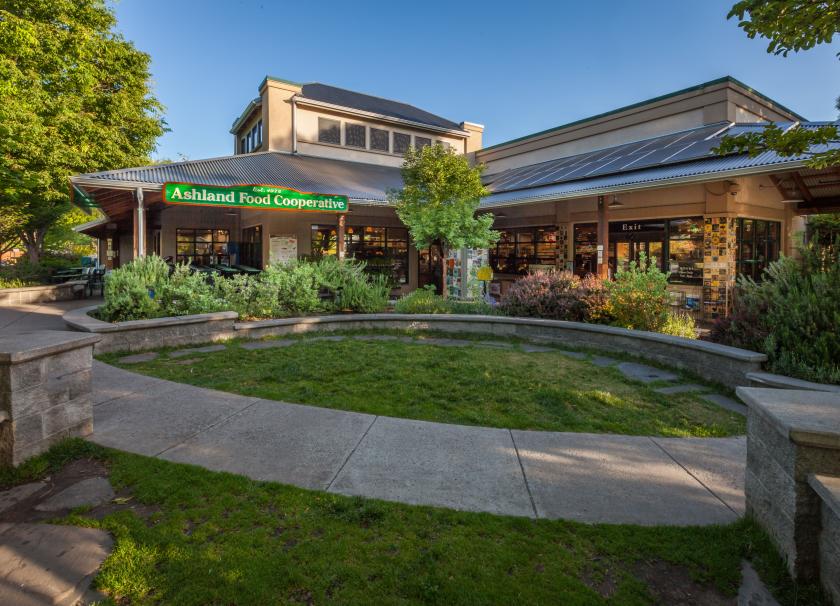
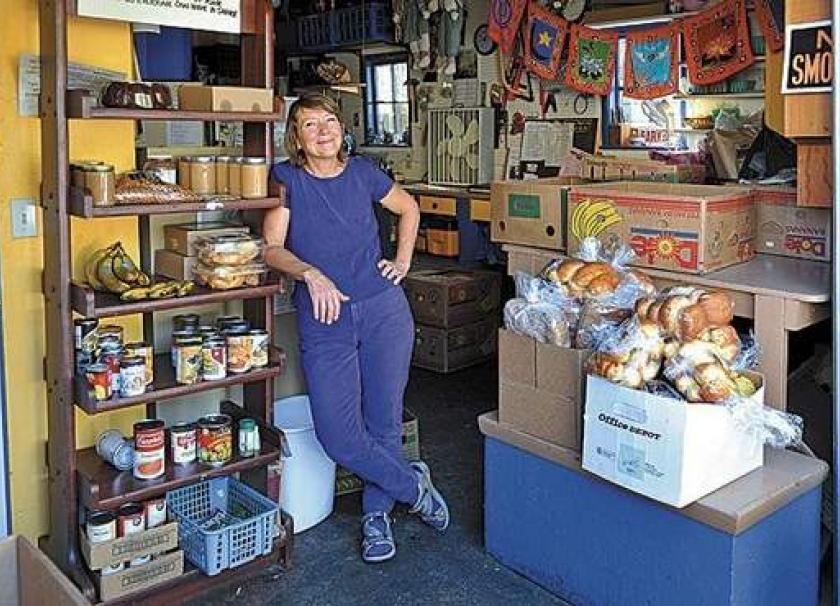
January Change for Good Partner: Ashland Food Angels
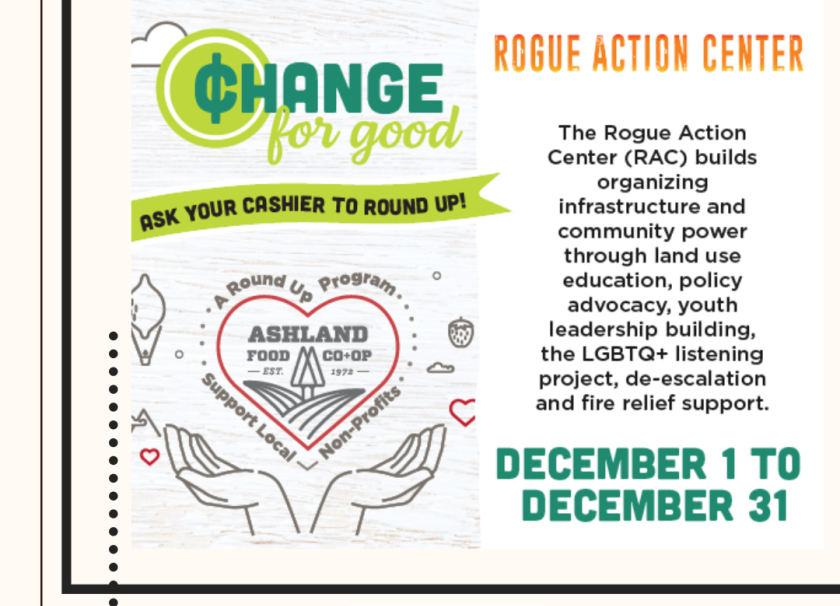
December Change for Good Partner: Rogue Action Center
December's Change for Good Partner is
Rogue Action Center
%20(1).png)
The Rogue Action Center (RAC) builds organizing infrastructure, leaders, and community power for a just, inclusive, and sustainable Southern Oregon for everyone.
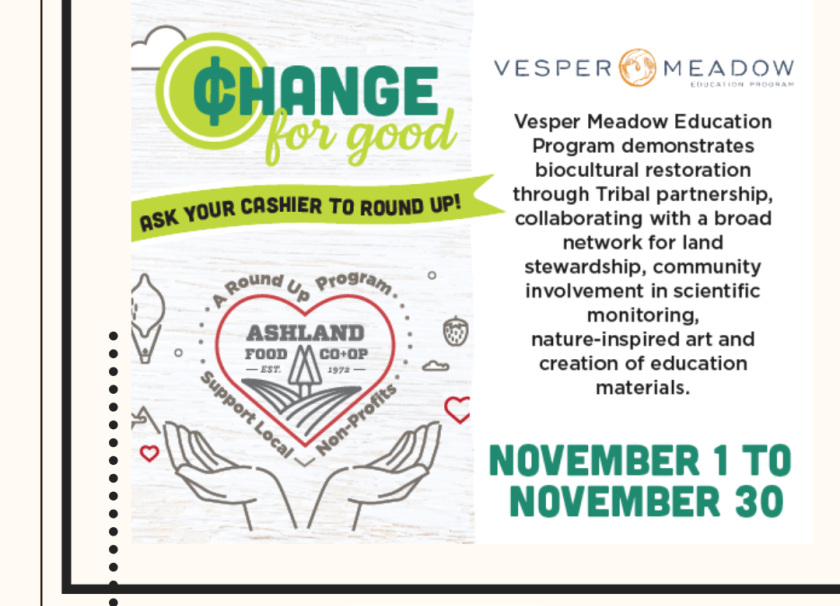
November Change for Good Partner: Vesper Meadow Education Program
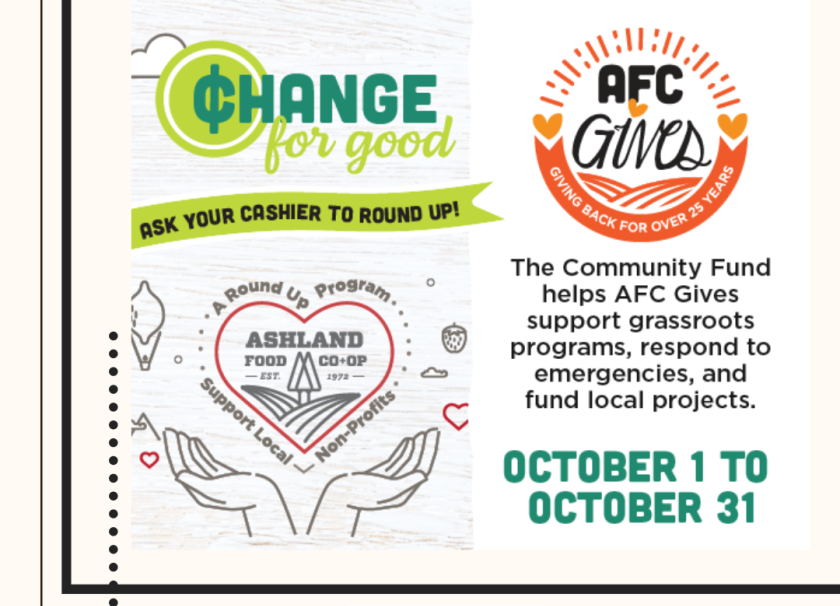
October Change for Good Partner: AFC Gives Community Fund
October's Change for Good Partner is
AFC Gives Community Fund


September Change for Good Partner: Truth to Power
September's Change for Good Partner is
Truth to Power
.png)
Truth to Power cultivates teen activism and community participation through social justice podcasts and transformative projects.


.png)